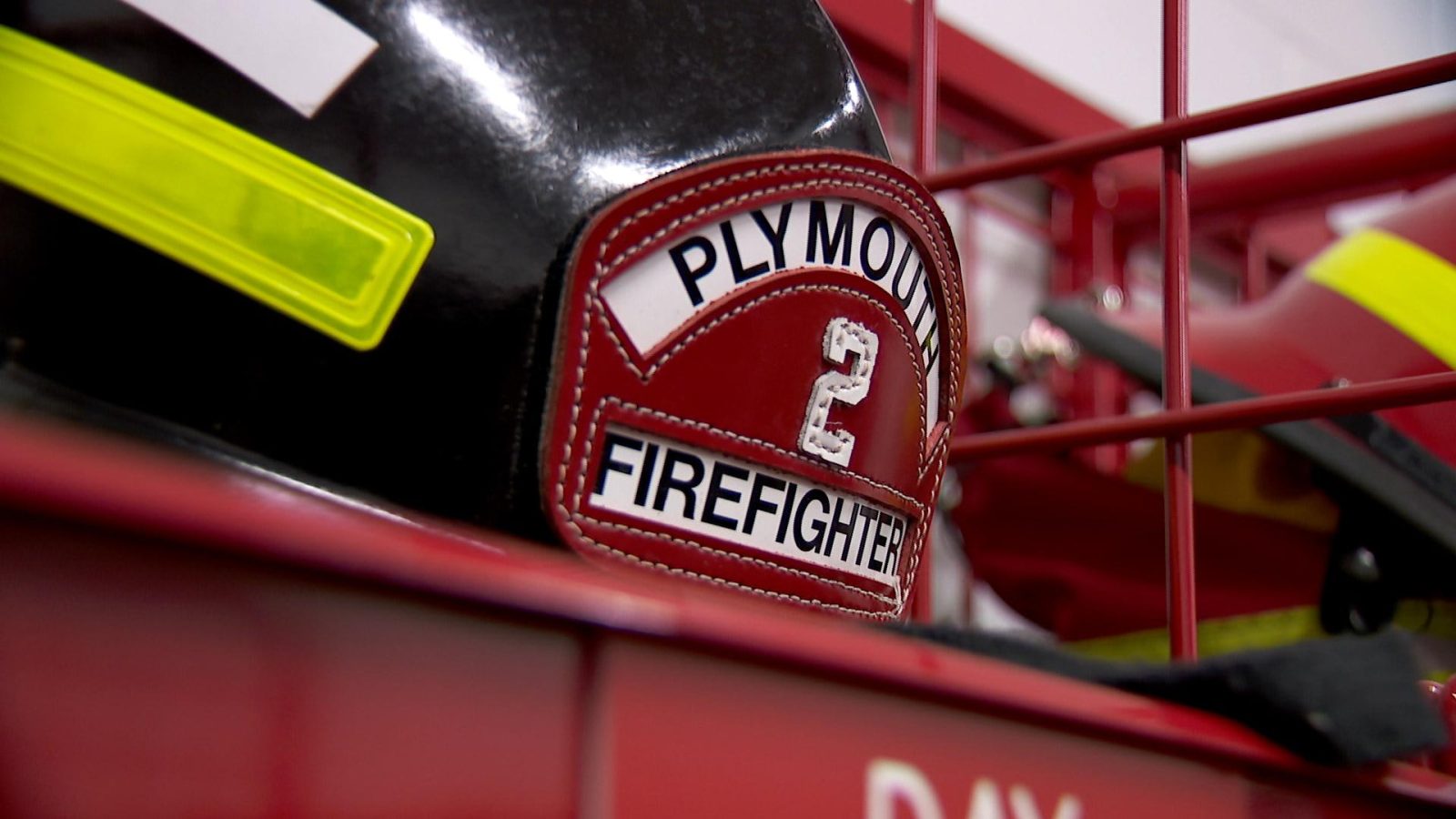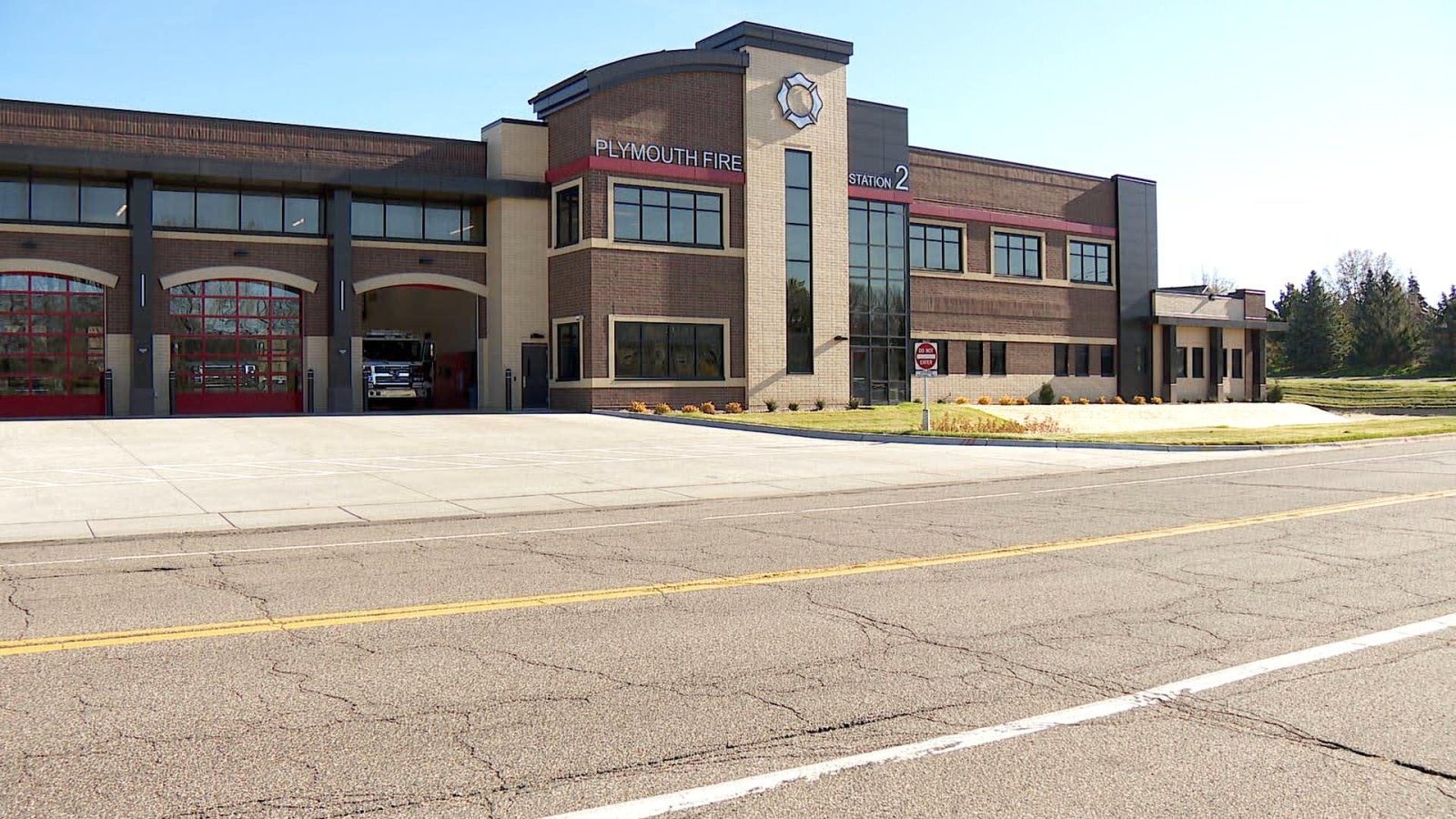Hidden Danger: Plymouth Firefighters Take Steps To Reduce Cancer Risks
The job of firefighter comes with inherent risks. But the job also comes with a hidden danger.
According to the National Institute for Occupational Health and Safety, firefighters have a 9 percent higher risk of being diagnosed with cancer and a 14 percent higher risk of dying from cancer than the general population.
It’s why fire stations are carefully making changes in how they conduct their duties.
Battalion Chief Tom Evenson from the Plymouth Fire Department has been putting out fires for the past 36 years.
“You would wash your hair and you could smell it for days later,” said Evenson.
Evenson says cleaning up after a fire has changed drastically over time.
“When I first started here, there was no decontamination,” he said. “Matter of fact, it was a badge of honor to come back as dirty as you possibly could and what we are finding out is that was not healthy anyway for our firefighters.”
Now Plymouth Fire Station 2 is taking proactive steps to prevent chemicals from absorbing into skin or lingering on equipment through an extensive decontamination process.

Plymouth Fire Station 2 is taking proactive steps to prevent chemicals from absorbing into skin or lingering on equipment.
How Decontamination Process Works
The decontamination process starts even before firefighters get back in the truck from a fire.
At the scene, firefighters will hose off their gear and bag it to lessen their contact with harmful chemicals.
Once at the station, firefighters shower within the hour.
“We make them take this bag and go into a decon shower right here,” said Evenson. “It has a towel, washcloth, shampoo, soap, scrubs, Crocs.”
Their coats and pants are washed.
Their breathing apparatus, helmets and gloves are put into a special washing machine called a Solo Rescue Decon Washer, which comes at a price tag of $30,000.
Evenson said it helps get gear cleaner. He also says it takes less time than doing it by hand like they use too.
“Typically they go in looking pretty bad. They smell like smoke. They got insulation on them. They’re just plain dirty to the touch. When they come out they’re clean,” said Evenson.
The fire station is careful to make sure only cleaned items and washed personnel enter living quarters.
“No product of combustion or carcinogens should make their way to where firefighters live on a daily basis,” he said.
Evenson said he wishes the current decontamination system was around when he started, but says better late than never for current firefighters and future ones.
“Want them to have a long, healthy career,” said Evenson.
In addition, firefighters also have their coats and pants sent out at least once a year to be professionally cleaned and re-hemmed.

Only cleaned items and washed personnel ever enter living quarters at the Plymouth fire station.


